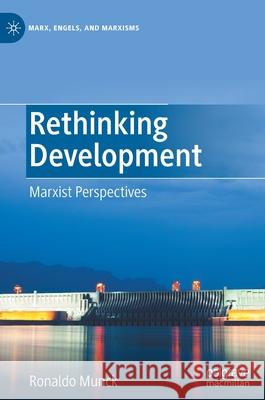Rethinking Development: Marxist Perspectives » książka
topmenu
Rethinking Development: Marxist Perspectives
ISBN-13: 9783030738105 / Angielski / Twarda / 2021 / 213 str.
Rethinking Development: Marxist Perspectives
ISBN-13: 9783030738105 / Angielski / Twarda / 2021 / 213 str.
cena 563,56
(netto: 536,72 VAT: 5%)
Najniższa cena z 30 dni: 539,74
(netto: 536,72 VAT: 5%)
Najniższa cena z 30 dni: 539,74
Termin realizacji zamówienia:
ok. 16-18 dni roboczych.
ok. 16-18 dni roboczych.
Darmowa dostawa!
Kategorie:
Kategorie BISAC:
Wydawca:
Palgrave MacMillan
Seria wydawnicza:
Język:
Angielski
ISBN-13:
9783030738105
Rok wydania:
2021
Wydanie:
2021
Numer serii:
000766862
Ilość stron:
213
Waga:
0.43 kg
Wymiary:
21.01 x 14.81 x 1.42
Oprawa:
Twarda
Wolumenów:
01
Dodatkowe informacje:
Wydanie ilustrowane











